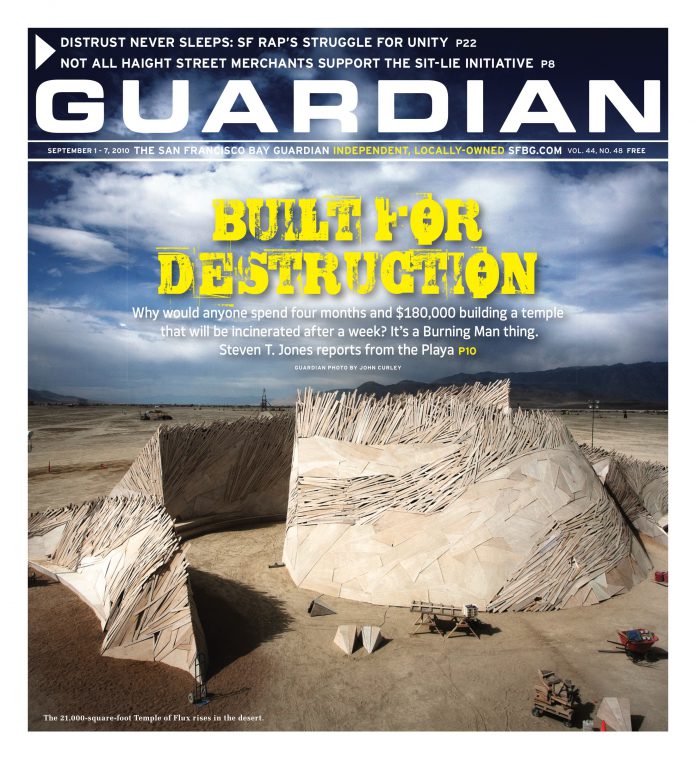Here’s a game that piles on hot-rods, collectible Playboy centerfolds, piano joints with framed Bogie posters, and one instance of a full-fledged Sinatra sing-along. Mafia II (2K Czech/2K Games, Xbox 360/PS3/PC)is the sequel to 2004’s Mafia: The City of Lost Heaven, a well-received PC game that put players in the shoes of a cab driver as he rose through the ranks of the 1930s mafia. Its sequel mines similar Coppola and Scorsese territory, set this time in the 1940s and ’50s, as you play a young war vet looking to settle his late father’s debts.
The American war-era backdrop is a fantastic sandbox to play in: there are old-school billboards, decorative storefronts, and lavish little details like Christmastime snow slowly blowing away from your car as you drive down the street. But in the case of Mafia II, the freedom of the open world becomes largely an irrelevant means to an end: a set of roads that direct you to your next mission. There are really no side-quests to perform apart from stealing a few cars or hunting for Playboys, and even the old pastime of shooting it up with the cops is pretty unsatisfying. I spent most of my travel time with the cops trailing helplessly behind me. You have to wonder why the developers spent so much time creating an open world city that exists only to shuffle you from shootout to exposition.
Jack Scalici, director of production for developer 2K Games, told me that, for him, the story is the game’s most important aspect and he hopes that Mafia II‘s cinematic style will be best appreciated by film critics rather than traditional game journalists. The game does lend itself more to plot deconstruction than gameplay analysis, but unfortunately Mafia II doesn’t quite nail the story either.
The game’s scope is vast — it spans years as you leave the dreary 1940s for the sunny ’50s — but Mafia II never manages a truly satisfying character arc, content instead to putter along in standalone vignettes. The gangster lifestyle ain’t always shits and giggles and there are some fantastic little moments — jail yard fights, lugging a day-old dead body around in the trunk — but tension quickly fizzles, leaving the story a wildly inconsistent experience of highs and lows.
Actually, “wildly inconsistent” describes Mafia II to a T. Bum checkpoints, spiking difficulty, funky camera tics: it seems for every pro there’s a con. But if the aesthetic appeals to you, there’s enough play here to make the game worth a spin. I had a good time; the most promising games always get the most flak.

